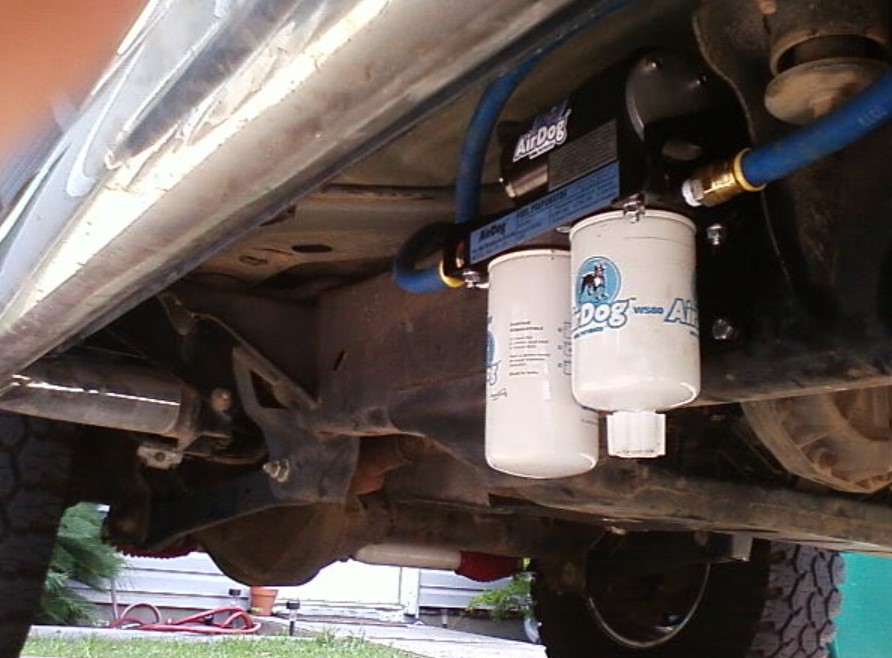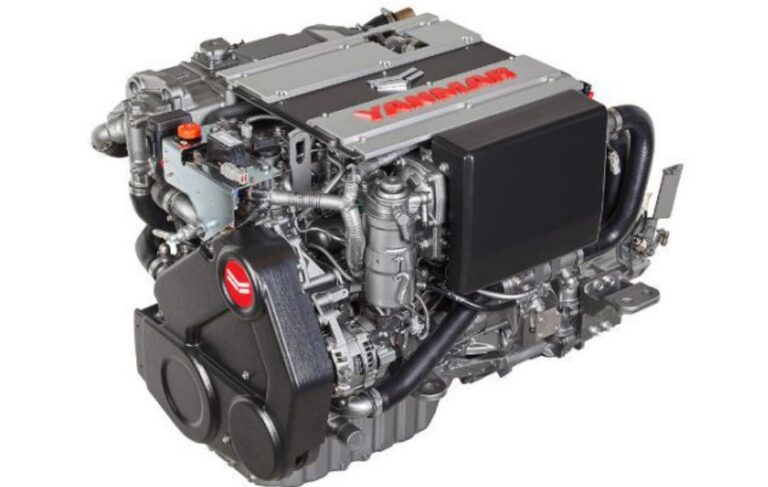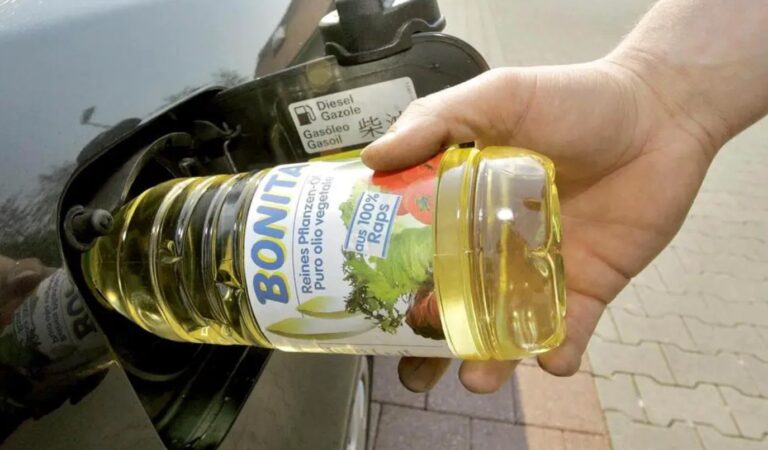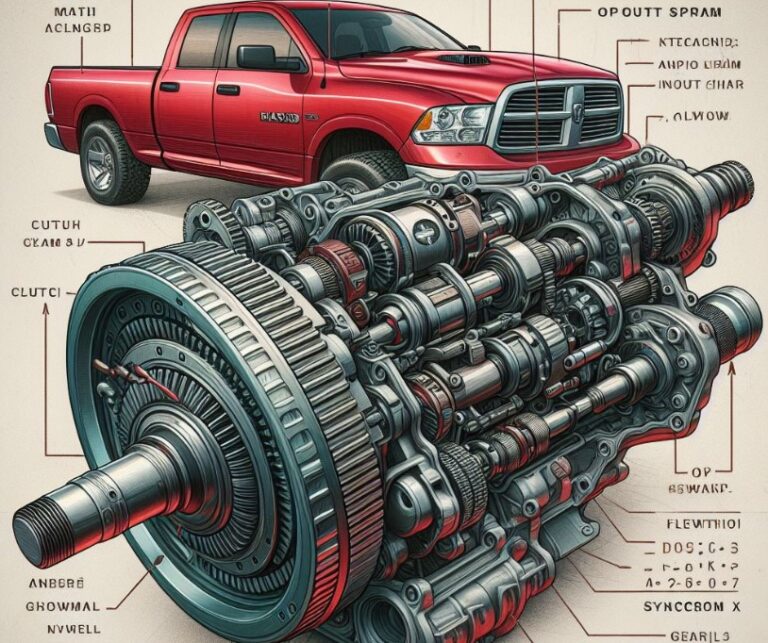Fass Vs Airdog [You Decide After Reading This Post]
Fuel-air separation systems, akin to dialysis machines for diesel engines, filter out minuscule particles, ensuring pure fuel. This article delves into the specifics of Fass Vs Airdog, two leading brands in this arena, to determine their strengths, weaknesses, and distinct characteristics.
Key Takeaways
- FASS and AirDog are renowned for their efficiency in purifying diesel fuel.
- They differ in installation complexity, noise levels, fuel line size, and filtration efficacy.
- Both brands boast significant engine performance enhancements, but with unique features.
Fass Vs Airdog
FASS Fuel Air Separation System
| Feature/Aspect | FASS | AirDog |
|---|---|---|
| Fuel Line Size | 3/8-inch | 1/2-inch |
| Filtration Efficiency | 3-micron filters | 2-micron filters (superior filtration) |
| Contaminant Removal | Single method for removing contaminants | Uses a combination of two complementing systems |
| Noise Level | Slightly noisier, minor buzzing noise | Quieter operation |
| Material of Pickup Tube | Made with steel | Made with plastic |
| Bracket Design | More specific, quicker installation | More generic, offers better flexibility |
| Wiring Requirements | Does not need the power wire for the OEM pump | Not specified |
| Filter Size | Larger filters | Smaller filters |
| Performance in Cold Weather | Efficient in cold weather, includes additional electric fuel heater | Efficient in cold weather, but specifics not mentioned |
| Maintenance Costs | Lower due to reduced engine wear and tear | Not specified |
| Installation Complexity | Can be complex, may require professional installation | Known for easier installation |
| Price Range | Typically ranges from $300 to $450 | Not specified but generally considered more expensive |
About FASS

FASS, short for Fuel Air Separation System, brings over 19 years of expertise in the diesel industry. Their products, designed and manufactured in the USA, use a patented method for removing air and vapor from fuel.
Main Features
- Flow rates up to 220gph.
- 3-micron filtration rating.
- Innovative silencing technology and mass flow return.
- 95gph outflow.
Performance and Effects
FASS systems are designed for longevity and reliability, enhancing horsepower, throttle response, and torque. They also help reduce engine maintenance costs and noise levels.
AirDog Fuel Air Separation System
About AirDog
AirDog, the original air/fuel separation system, is known for its high-performance lift pumps and AirDog Fuel Air Separation Systems, suitable for various diesel vehicles.
Main Features
- High horsepower handling, up to 800 HP.
- 2-micron filter set for superior filtration.
- User-friendly installation.
Performance and Effects
AirDog systems emphasize fuel efficiency, performance enhancement, and injector longevity. However, they are typically more expensive than FASS and have had some reliability concerns.
Comparative Analysis

Installation Complexity
- FASS: Requires mechanical knowledge and can be time-consuming.
- AirDog: Known for its ease of installation.
Engine Performance
Both brands enhance engine performance but through different mechanisms. FASS focuses on purifying fuel before it reaches the engine, while AirDog emphasizes high horsepower handling.
Lubrication and Noise
Both systems improve lubrication and reduce engine wear. AirDog has an edge in noise reduction, functioning quietly compared to the slightly noisier FASS systems.
Pricing and Reliability
- FASS: More affordable with a reputation for durability.
- AirDog: Higher cost with some reported reliability issues.
How Do Fuel-Air Separation Systems Enhance Diesel Engine Performance?
Fuel-air separation systems play a crucial role in maintaining the health and efficiency of diesel engines. By removing air and vapor from the fuel, these systems ensure a clean and consistent fuel supply.
This is essential because air in the fuel can lead to a variety of engine problems, including decreased efficiency, increased wear and tear, and reduced power output.
One of the primary benefits of using a fuel-air separation system is the enhancement of engine performance. By supplying purer fuel, these systems allow for better combustion.
Better combustion translates to an increase in horsepower, improved throttle response, and often, an enhancement in torque. This improvement is not just about power; it also contributes to the overall smoothness and responsiveness of the engine, making the driving experience more enjoyable.
Moreover, these systems help in extending the lifespan of engine components. Contaminants in the fuel can cause significant wear and tear on the engine and its parts.
By filtering out these contaminants, fuel-air separation systems reduce the likelihood of damage and, as a result, decrease the need for frequent repairs and maintenance. This aspect is particularly important for vehicles that operate under demanding conditions or are used for heavy-duty purposes.
What Are the Installation Considerations for Diesel Fuel Systems?
When it comes to installing diesel fuel systems, there are several key factors to consider. Firstly, the complexity of the installation process can vary significantly between different systems.
Some systems require extensive mechanical knowledge and can be time-consuming to install. This is an important consideration for individuals who may not be comfortable with complex mechanical tasks.

The time and effort required for installation can have a significant impact on the overall cost as well. Professional installation might be necessary for more complex systems, which adds to the expense. On the other hand, systems that are designed for easy installation can be a more attractive option for those who prefer a straightforward, do-it-yourself approach.
Another crucial factor is the compatibility of the fuel system with the specific vehicle or engine type. It is essential to choose a system that is designed to work with the particular make and model of the vehicle. Incompatibility can lead to inefficient performance, increased wear and tear, and even potential damage to the engine.
Finally, the space available for the installation of the system is a critical factor. Some fuel-air separation systems may require more space than others.
This can be a particular challenge in vehicles where space is at a premium. Ensuring that the chosen system can be accommodated without interfering with other components is vital for a successful installation.
Impact of Fuel Quality on Diesel Engine Health
The quality of fuel used in diesel engines is a pivotal factor in determining engine health and performance. High-quality diesel fuel burns more efficiently, produces less engine residue, and contributes to better overall engine health.
Conversely, low-quality fuel can lead to a range of engine problems, including clogging, increased emission of pollutants, and reduced efficiency.
One of the main issues with low-quality fuel is the presence of contaminants. These can include water, dirt, and other particulates that can cause wear and tear on engine components.
Over time, this wear can lead to reduced efficiency and even engine failure. Fuel-air separation systems are particularly effective in this regard, as they filter out many of these contaminants, thus ensuring that the fuel entering the engine is as clean as possible.
Another aspect of fuel quality is its impact on emissions. Poor-quality fuel can lead to higher emissions of pollutants, which is not only harmful to the environment but can also lead to issues with emission control systems in the vehicle. This is particularly important in regions with strict emission regulations.
Conclusion
When selecting between FASS and AirDog, it’s essential to consider your specific needs and preferences, weighing the features, pros, and cons of each system.
Both offer unique advantages, and the choice should align with your vehicle’s requirements and your personal preferences in installation complexity, performance needs, and budget considerations.
People Also Ask
How does the FASS system compare in price with other fuel systems?
FASS fuel systems are generally more expensive than some other options, with prices ranging from $300 to $450. However, the quality and features of these systems often justify the higher price.
Are there any noise concerns with the FASS Fuel System?
While the FASS system is generally quiet, there can be a minor buzzing noise during operation. This noise level might be noticeable but is usually not a major concern.
What are the maintenance costs like for a FASS Fuel System?
The FASS system is known for reducing maintenance costs. Its efficiency and quality filtration extend the engine’s lifespan and prevent frequent repairs.
Does the FASS Fuel System include an electric fuel heater?
Yes, the FASS system comes with an additional electric fuel heater, which can be used to enhance fuel flow during emergencies or in other vehicles.

Welcome to the exhilarating world of Matt Rex, a professional car racer turned renowned vehicle enthusiast. Immerse yourself in his captivating blog as he shares heart-pounding adventures, expert reviews, and valuable insights on cars, trucks, jets, and more. Fuel your passion for speed and discover the beauty of vehicles through Matt’s engaging stories and meticulous expertise. Join the ever-growing community of enthusiasts who find inspiration and expert advice in Matt Rex’s blog—a digital hub where the thrill of speed meets the pursuit of knowledge.




![Can You Put A Diesel Turbo On A Gas Engine? [Answered]](https://www.turbochaos.com/wp-content/uploads/2023/12/Can-You-Put-A-Diesel-Turbo-On-A-Gas-Engine-768x403.jpg)


